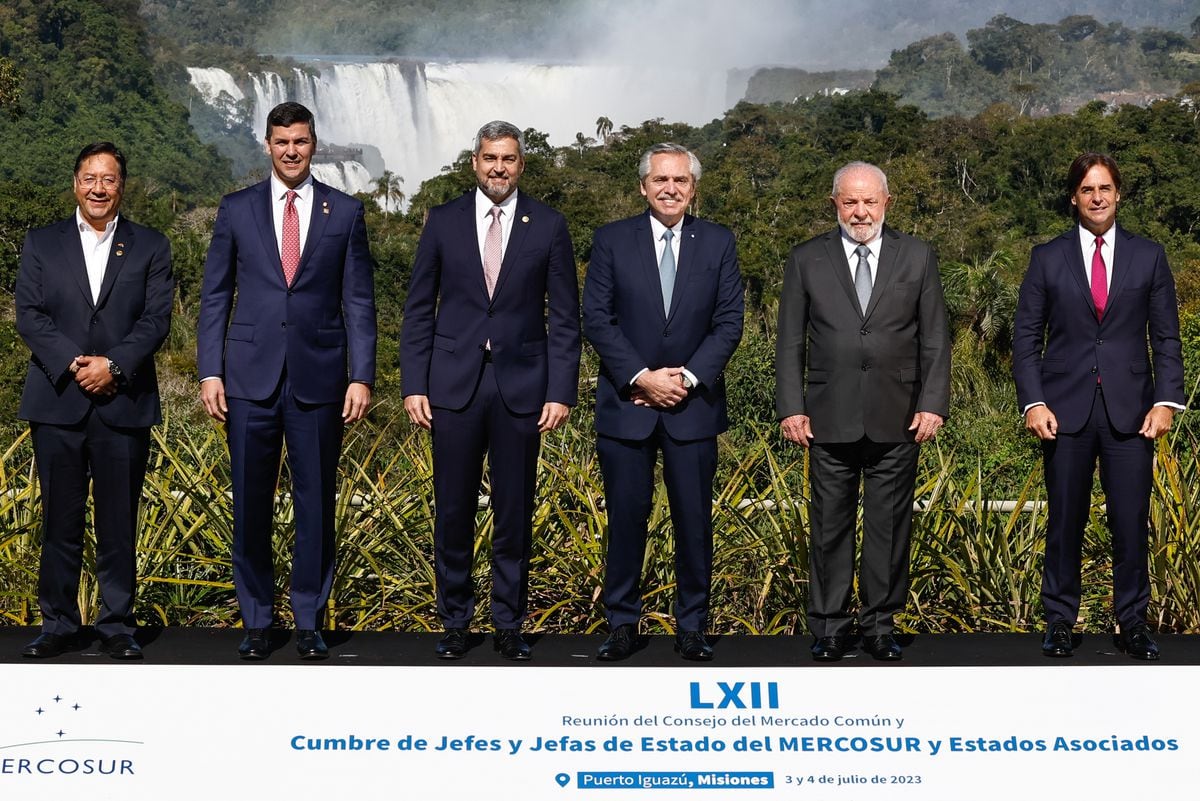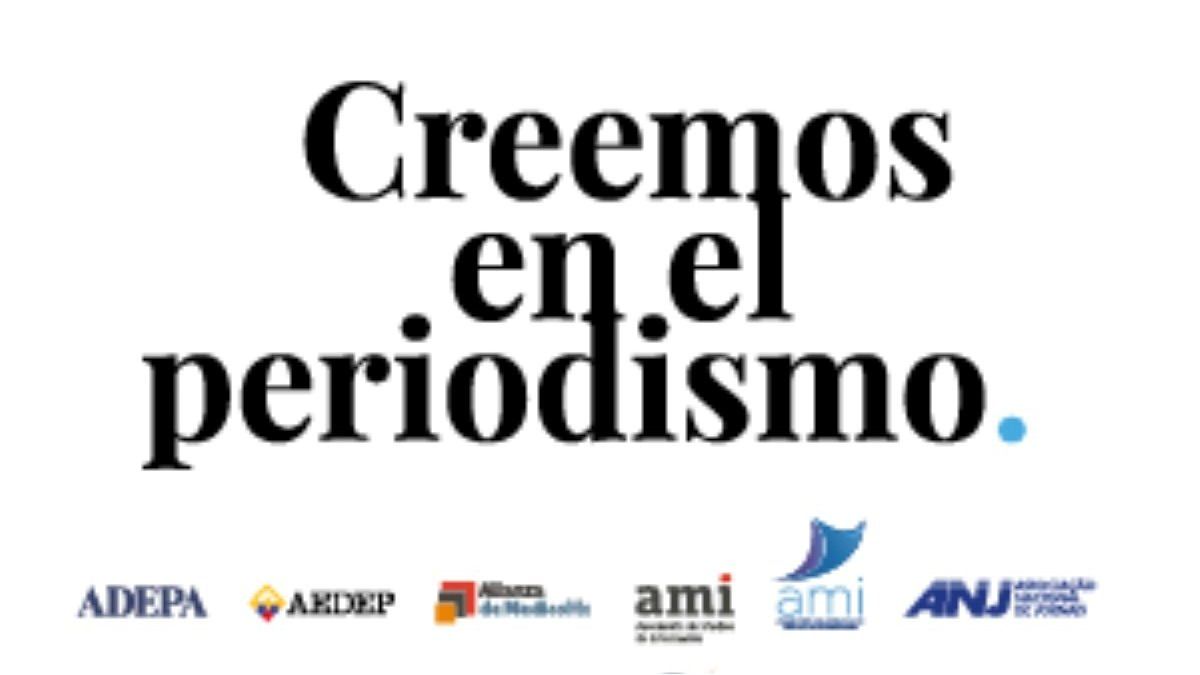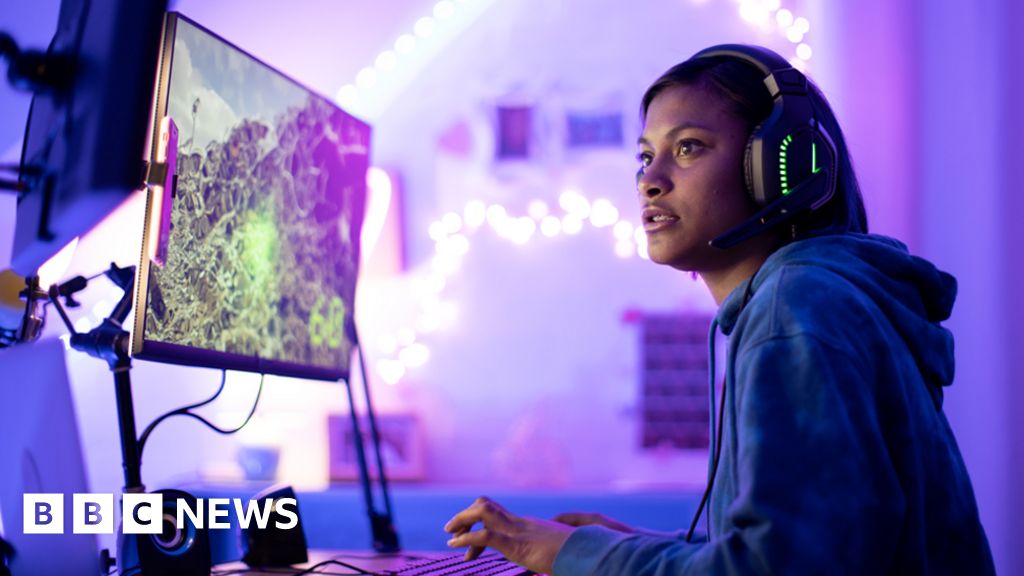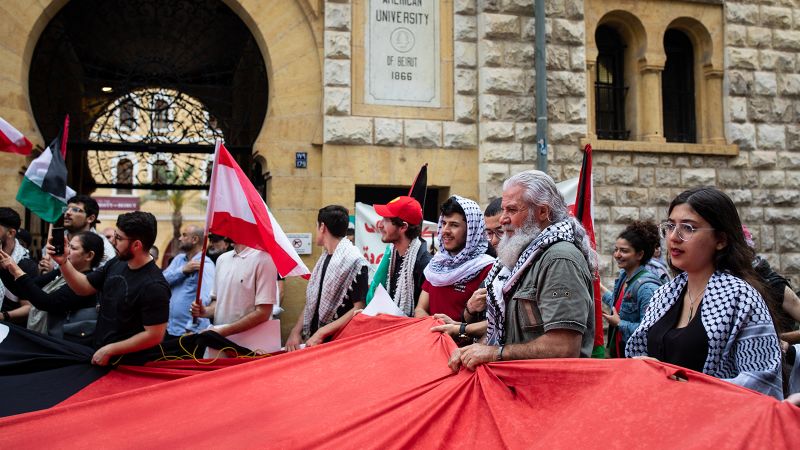
Negotiations for a free trade agreement between Mercosur and the European Union (EU) are collapsing amid a new storm. In 2019, on the 20th anniversary of the start of dialogue between the blocs, an agreement was signed that was a dead letter after four years. The European Union has added new environmental requirements that were rejected on Tuesday by the two largest economies of Mercosur, Brazil and Argentina. Criticism from their allies has fueled Uruguayan officials who have failed to make progress with Europe on the one hand, and with China on the other, under the constant threat of breaking up Mercosur if the current deadlock continues.
The new dilemma is a document issued by Twenty Seven in March that covers environmental requirements related to imports from the agricultural sector, one of the economic engines of Argentina, Brazil, Paraguay and Uruguay.
“This gives us a partial vision of sustainable development,” warned Peronist Alberto Fernández at Tuesday’s summit of Mercosur leaders in the Argentine city of Puerto Iguazu, bordering Brazil. According to the host of the meeting, the European proposal “focuses too much on the environment, the three dimensions of sustainability: environmental, economic and social.” There are no records of”.
Brazilian Luiz Inacio Lula da Silva was more critical than his Argentine counterpart. “This is unacceptable. Strategic partners do not negotiate based on distrust and the threat of sanctions,” the Brazilian president said. Lula, who will be the bloc’s pro-democracy leader for the next six months, insisted that Mercosur members were not interested in agreements that would condemn them to an “eternal role as exporters of raw materials, minerals and oil.”
Statements can be an expression of great discomfort and a negotiation strategy. Lula knows that the coincidence of Brazil’s presidency in Mercosur and Spain’s in the EU opens up a six-month window of opportunity that both countries want to take advantage of.
Internal differences
Disagreement with the EU was exacerbated by infighting led by the conservative Luis Lacalle Povin, president of Uruguay. Since he came to power, in 2020, Lacalle Pou has supported the need to make Mercosur more flexible to open the door to bilateral trade negotiations with third countries. Uruguay’s president has called for the lifting of lingering obstacles in negotiations with the European Union to restore credibility and trust in the European Union and to move forward on a free trade agreement with China, one of Mercosur’s main importers of food products.
“We’re not stupid, it’s better to go together. What worries us is not moving,” Uruguay put on the table before the president warned that if they couldn’t reach a consensus, they would do so unilaterally.
Contrary to the rules of Mercosur, Uruguay conducted a feasibility study for a bilateral free trade agreement with China and started talks with the Asian organization. However, officials in Beijing blocked Uruguay’s ambitions in April.
Criticism of Venezuela
Conflicts resurfaced with Venezuela. Paraguayan President Mario Abdo Benitez joined his opponent from Uruguay in demanding joint condemnation of the disqualification of the presidential candidacy of opposition party María Corina Machado in Venezuela.
“This is a scandalous reality that flies in the face of the clear letter of human rights,” Abdo Benitez said of Machado’s disqualification. The Paraguayan president pointed out that restrictions on political rights through administrative channels “must always be viewed with suspicion and considered legally invalid.”
“Mercosur must give a clear signal to the people of Venezuela to move towards the full democracy that they don’t have today,” said LaCal Pove, the last of the bloc’s four heads of state to speak during a summit in Puerto Iguazú. Second.. By responding, Fernandez indicated that he was committed to dialogue and not to meddling in other countries as a way to resolve conflicts.
Disagreements were evident throughout the meeting. Only Argentina, Brazil and Paraguay signed the final report. Lacalle Pou opposed the signing of the joint document and issued a separate signature in which he stressed the need to modernize the group “with a pragmatic and flexible approach to meet the challenges of global change”. .
Subscribe to the EL PAÍS América newsletter here and get all the latest news on the region.

“Introvert. Thinker. Problem solver. Evil beer specialist. Prone to fits of apathy. Social media expert. Award-winning food fanatic.”





More Stories
We believe in journalism
Russia destroyed postal infrastructure in Odessa in another ballistic missile attack
Agenda and his introduction to ARG 01